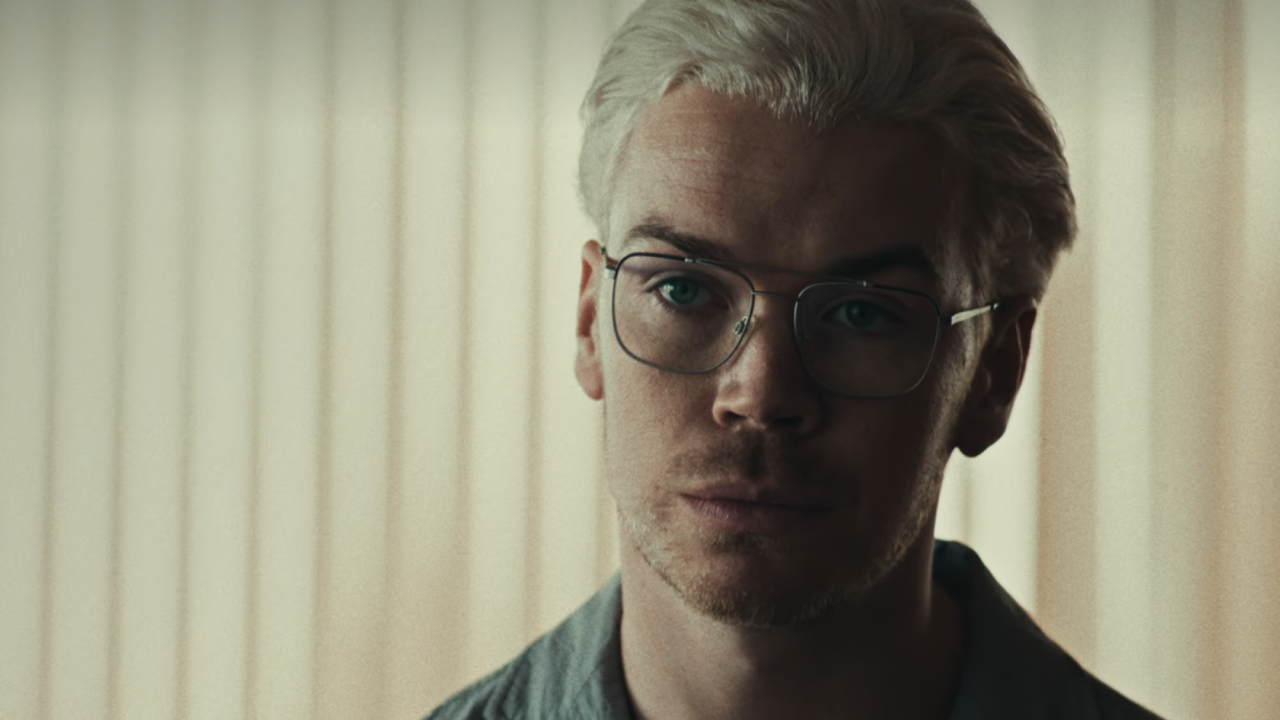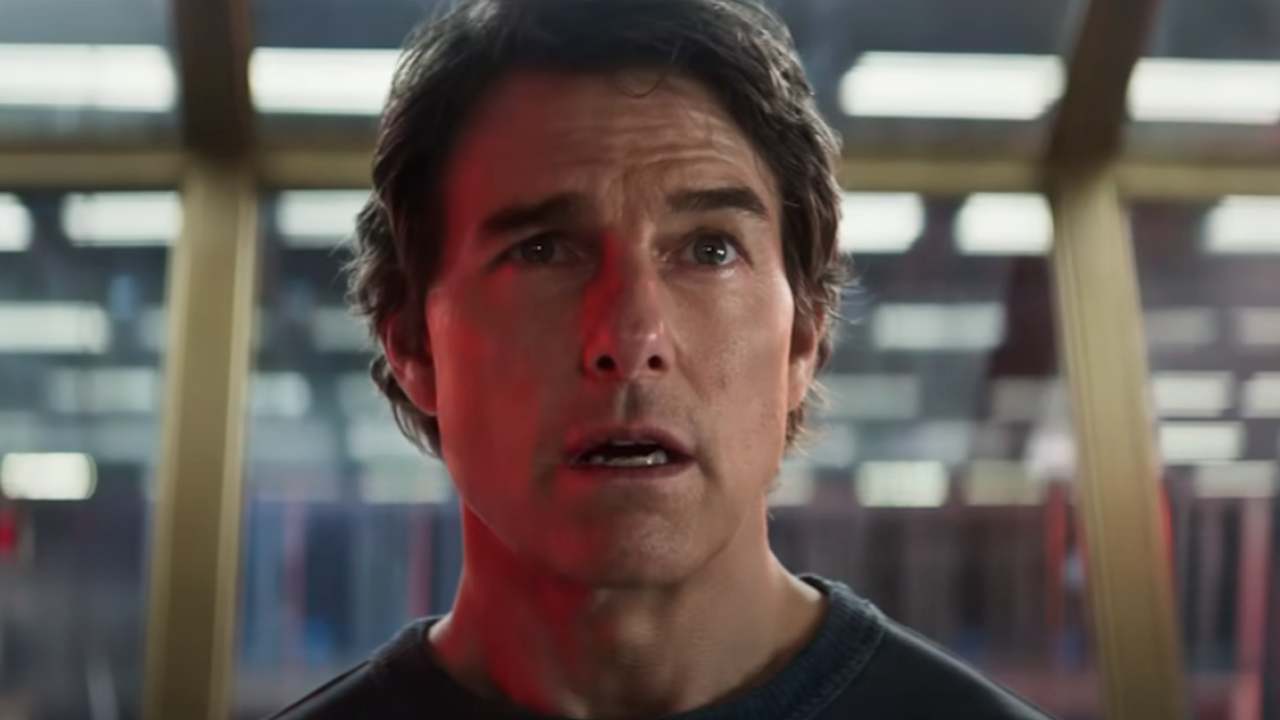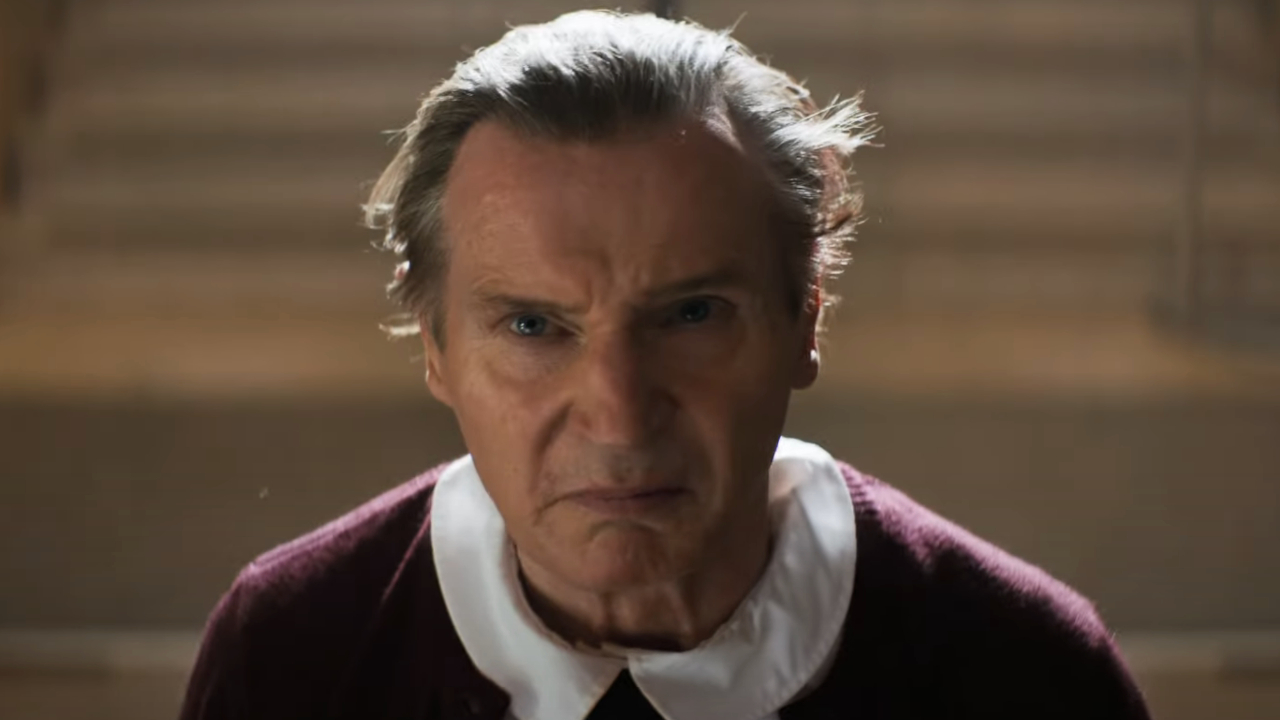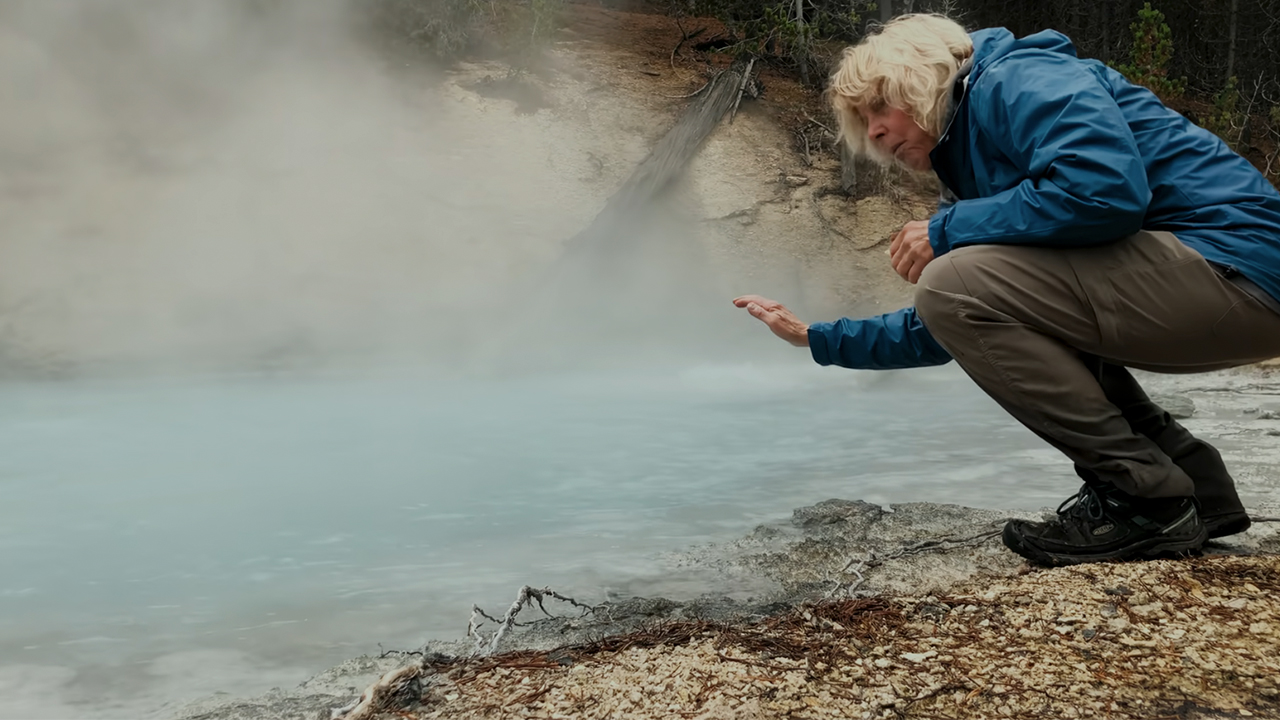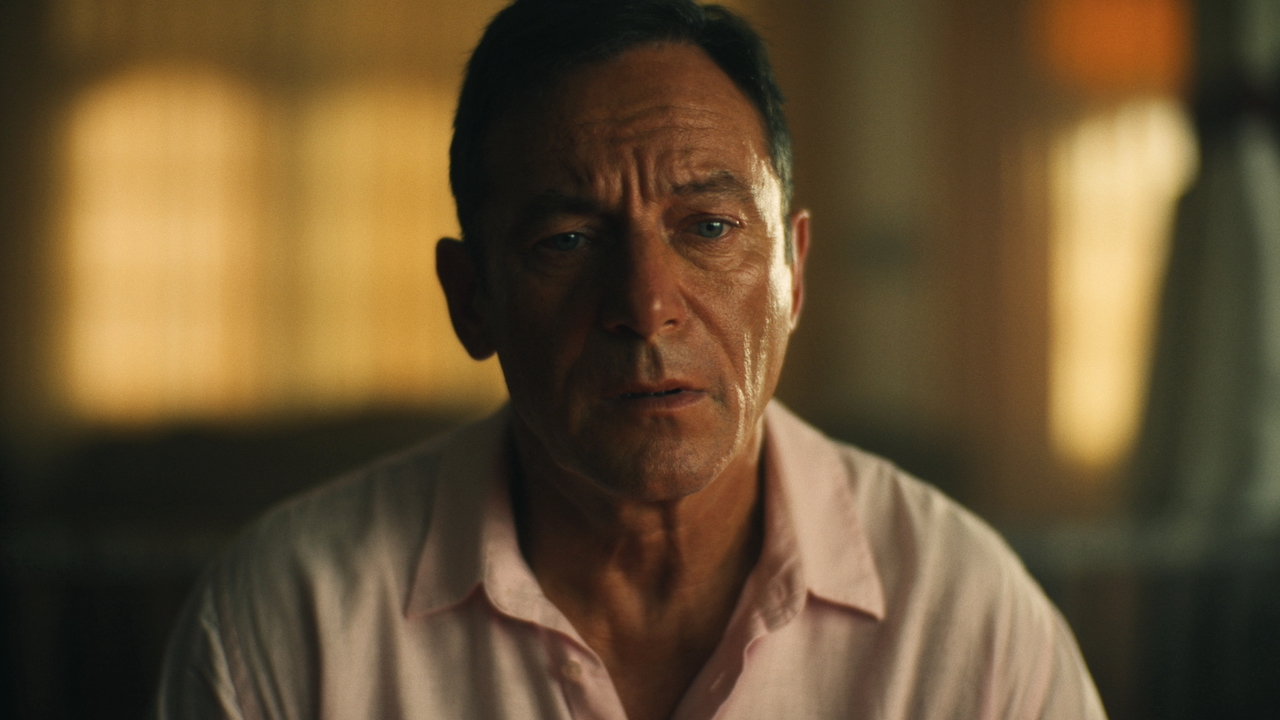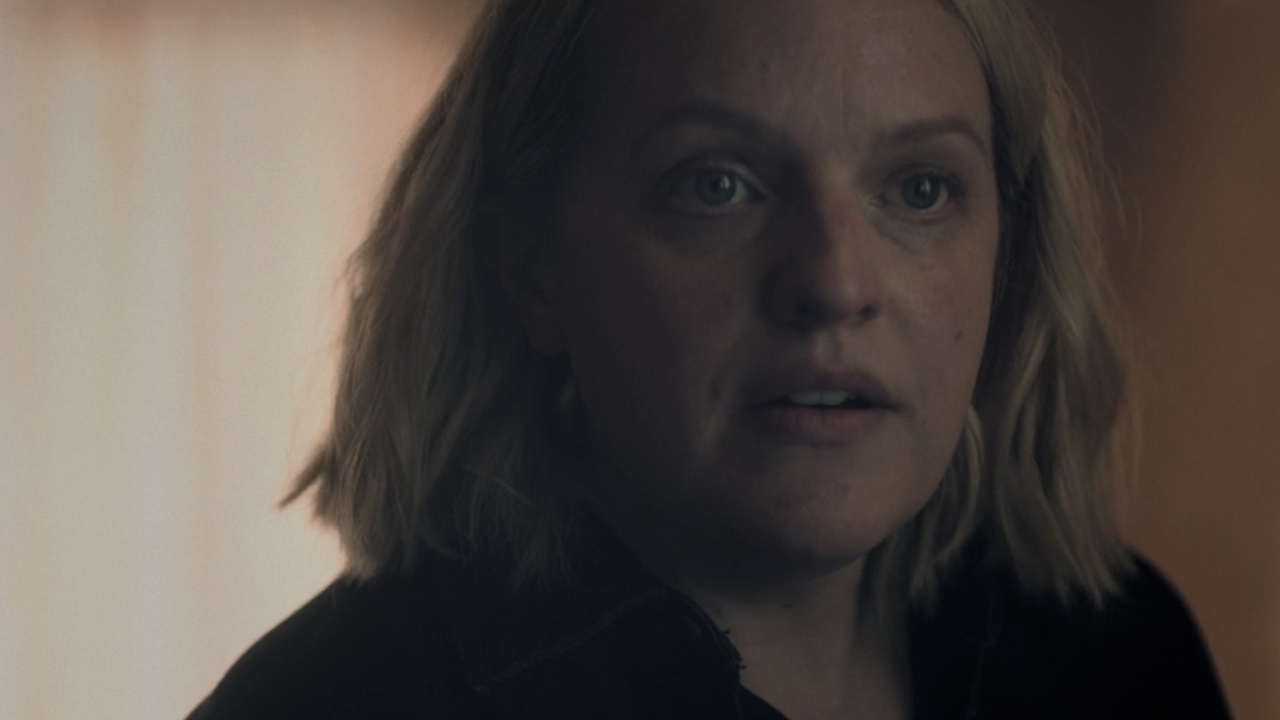Disney World’s Reedy Creek Improvement District: What It Is And Why It’s Important To The Future Of The Resort
Florida politicians are talking a lot about Disney World's Reedy Creek Improvement District, but what is it, and why does it matter?
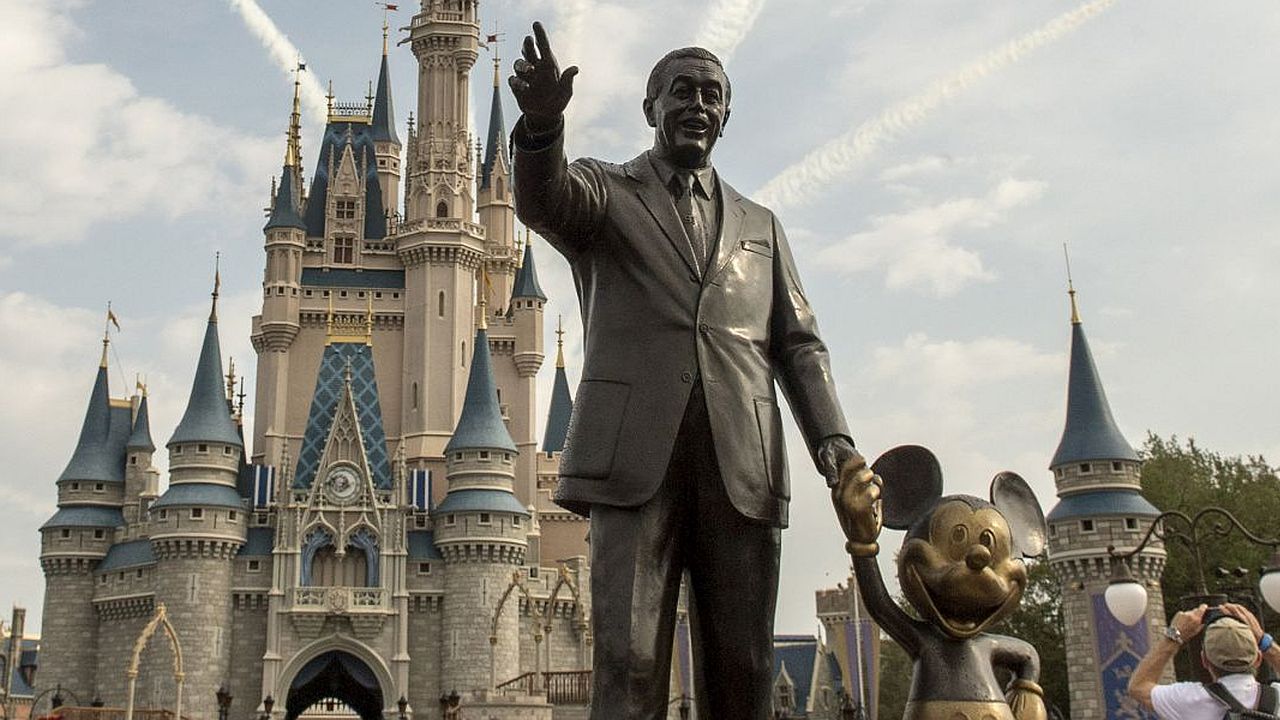
When Walt Disney finished Disneyland and the park became a major tourist destination, he found himself wishing he’d bought more land. Walt didn’t like the way that civilization encroached on his creation, so when he started buying up swampland in Florida, he made sure to buy a lot. Disney World is twice the size of the island of Manhattan, but it isn’t only the size that makes Disney World unique among vacation destinations, it’s the fact that the resort is, in many ways, its own city.
Walt Disney World sits inside a part of Florida known as the Reedy Creek Improvement District, which encompasses Walt Disney World. While they are technically two different entities, they exist within the same space because Reedy Creek was created specifically for Disney World by the state of Florida. That’s been the case from the beginning, though now some lawmakers in the state are suggesting it may be time to end Reedy Creek, which would be a massive shift that would change the face of Walt Disney World.
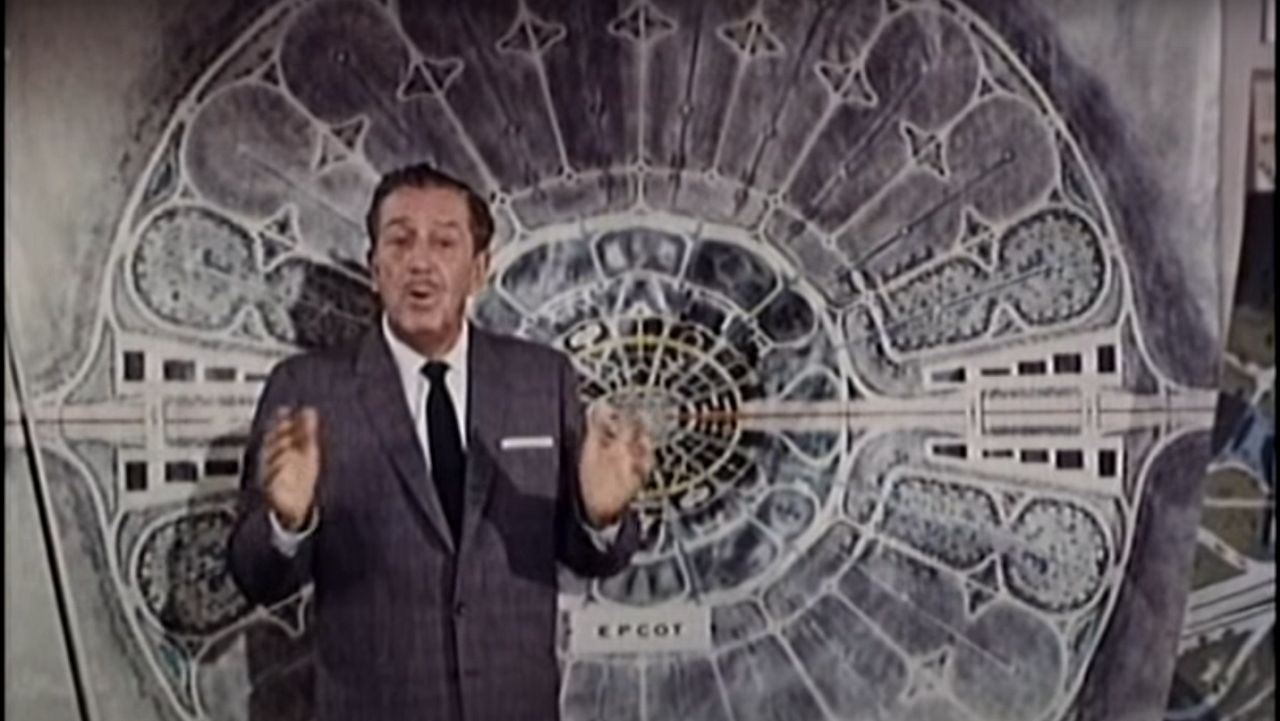
Walt Disney And Epcot
Walt’s original plans for Disney World involved much more than wanting to build a theme park. Walt Disney wanted to build an actual city; an Experimental Prototype Community Of Tomorrow, to be exact. To do that, Walt was going to need more than just land. If Disney World were simply a business, then Walt would have to follow the rules of the cities, counties and state that the business existed within. Private companies don’t get to just build cities however they want.
This meant that Disney World would need to be something else. Walt knew what he wanted Epcot to be and he knew that if he had to rely on, or answer to, other governments, he might not be able to bring Epcot to life in the way that he wanted. Walt lobbied the Florida government to give the company more power over this land than they would otherwise have, and at the time, the state was more than happy to make Walt Disney happy.
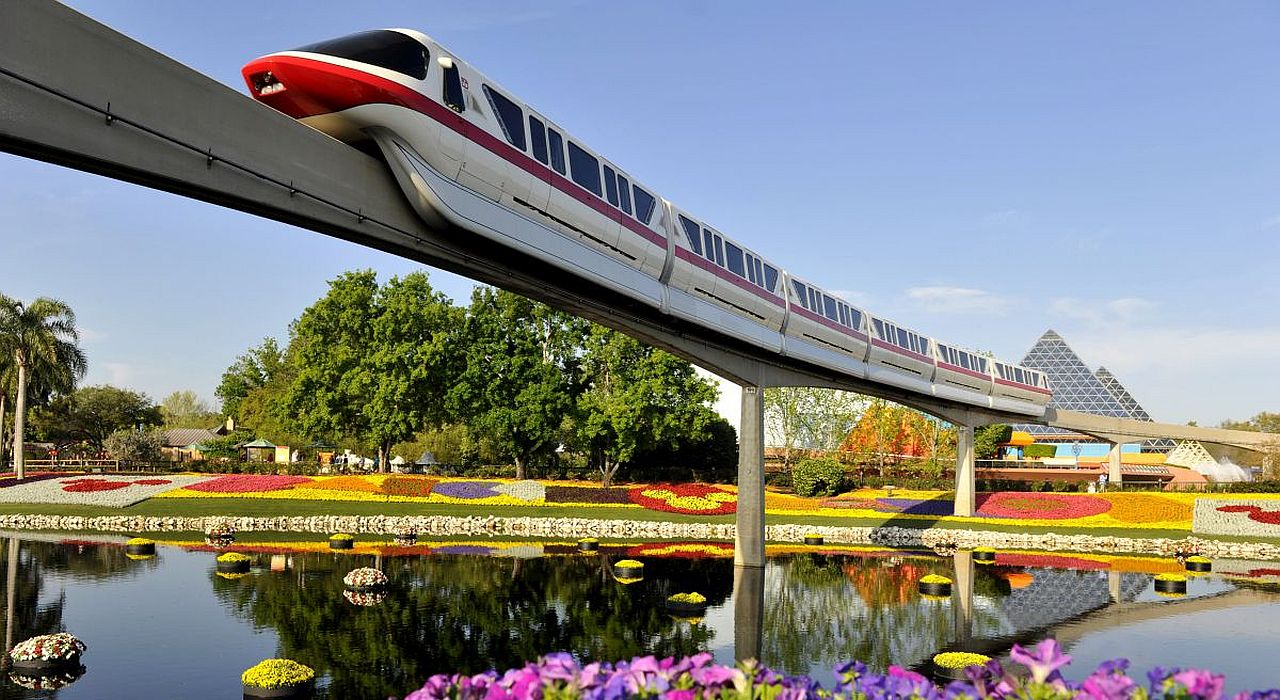
The Reedy Creek Improvement District
In 1967, the Florida Legislature passed the Reedy Creek Improvement Act, which created the Reedy Creek Improvement District. Between the votes in the Florida House and Senate, there was only a single vote against the creation of the district. This new district covered the land that made up Disney World, and it gave Disney near complete autonomy over the land that would become Walt Disney World.
A five person Board of Supervisors oversee the Reedy Creek Improvement District. They are employees of The Walt Disney Company and they, and the people who vote them in, are among the few people who actually live inside the boundary of Disney World.
The Improvement District means that Disney World is largely responsible for its own municipal services. It has its own police and fire departments, it manages its own trash collection services and it manages its own roads. The Reedy Creek Improvement District obtains the funds to pay for these services by taxing the landowners inside the district, which is to say, Disney.
CINEMABLEND NEWSLETTER
Your Daily Blend of Entertainment News
This is potentially beneficial to the state of Florida in a few ways. If Disney World simply existed within Orange and Osceola counties, where Reedy Creek is located, then things like trash collection and fire departments would be handled by the existing organizations in the counties that manage these things. Funding them would be the responsibility of taxpayers within the whole county. Right now, a resident of Orlando doesn’t see their tax money go to fix the roads at Disney World, Reedy Creek takes care of that.
Of course, Walt Disney World also receives some pretty nice benefits from this set up as well. Reedy Creed has its own building codes, the Epcot codes, and so Disney gets to build essentially whatever it wants, wherever it wants and however it wants. Disney isn’t subject to any city or county rules in that regard.
Epcot was never built, of course. Walt died before the Reedy Creek Improvement District was even created, and while Disney is once again testing the waters of building residential communities, it doesn’t seem likely that anything like it will ever happen. So Reedy Creek isn’t strictly necessary, but at the same time, it’s worked pretty well this way for over 50 years. Disney has more freedom than you would expect a theme park resort to have, but it also largely takes care of itself in ways other theme park resorts don't need to.
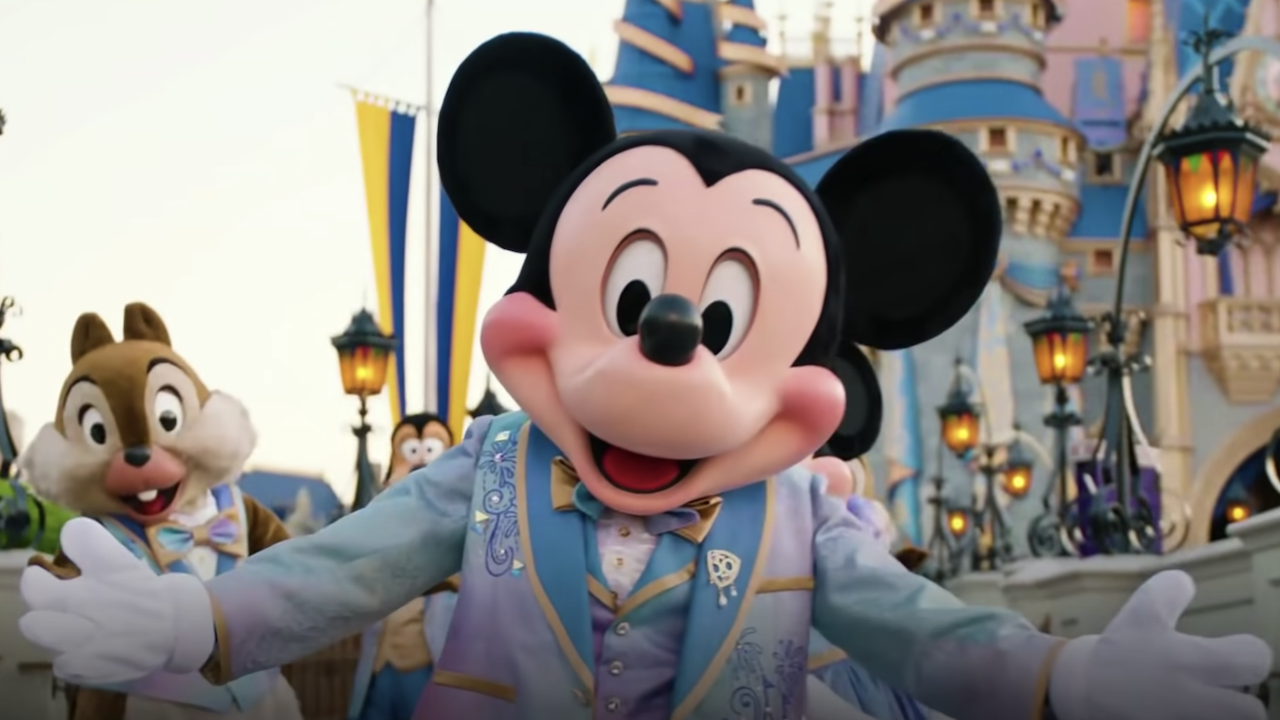
The End Of Reedy Creek?
Today, The Walt Disney Company has found itself in a political battle, and that battle now includes the Reedy Creek Improvement District. While many felt the company, which is the largest single site employer in Florida, was slow to react, it did eventually come out against Florida’s “Don’t Say Gay” bill. The bill has now been signed into law, but Republicans who support the bill apparently don’t like that Disney chose to speak out, so now they are threatening to end the Reedy Creek Improvement District.
It’s difficult to tell at this point how serious these politicians are about ending Reedy Creek, or how much support there is broadly for such a decision. To be sure though, doing so would have massive repercussions for both Disney World and Central Florida as a whole.
As mentioned above, rather that Disney paying taxes to itself, via Reedy Creek, to manage municipal necessities, if Reedy Creek was no more, Disney would pay those taxes to the counties it resides within, and the counties would then be responsible for handling Disney World, as well as the rest of the area. There are probably some people in Florida who are more than happy not seeing their tax dollars go to fix potholes outside the Transportation and Ticket Center.
Of courts, the biggest change would be for the way Disney World does its own business. Without the Reedy Creek Improvement District, Disney’s ability to govern itself would end. This would mean that if Disney wanted to build another resort hotel or even a fifth gate, it would have to deal with a lot more government bureaucracy and pay a lot more in fees and taxes.
While it may not seem like that big a deal who Disney is paying money to, this change has the potential to be game-changing. Disney could greatly reduce, or possibly even completely stop, investing in Disney World. In the past, we’ve seen Disney simply not build a hotel at Disneyland Resort when the company and the city of Anaheim could not come to an agreement that Disney liked.
Florida agreed to this whole plan in the first place because the upside was big for the state. Disney World meant a massive boost to the economy, as Orlando wasn't a massive tourist destination until Disney came along. Whenever Disney builds a new hotel tower, it means jobs and revenue for the state. If that work stops, so does the flow of money to the people and the government in Florida
There’s no reason to believe we couldn’t see something similar to the Disneyland hotel situation happen here. Disney is currently planning to move most of Walt Disney Imagineering to Florida, but if Disney decides to slow on development of the Florida resort, we could see that plan stopped before it really gets started. Disney could simply plan to spend its efforts elsewhere if it's decided that Florida just became too expensive.
What the future holds is unclear, and this may all turn out to be much ado about nothing, but the dissolution of the Reedy Creek Improvement District would be a big deal if it were to happen. There has never been a governing body quite like it, and whether it goes away now or not, there likely never will be again.
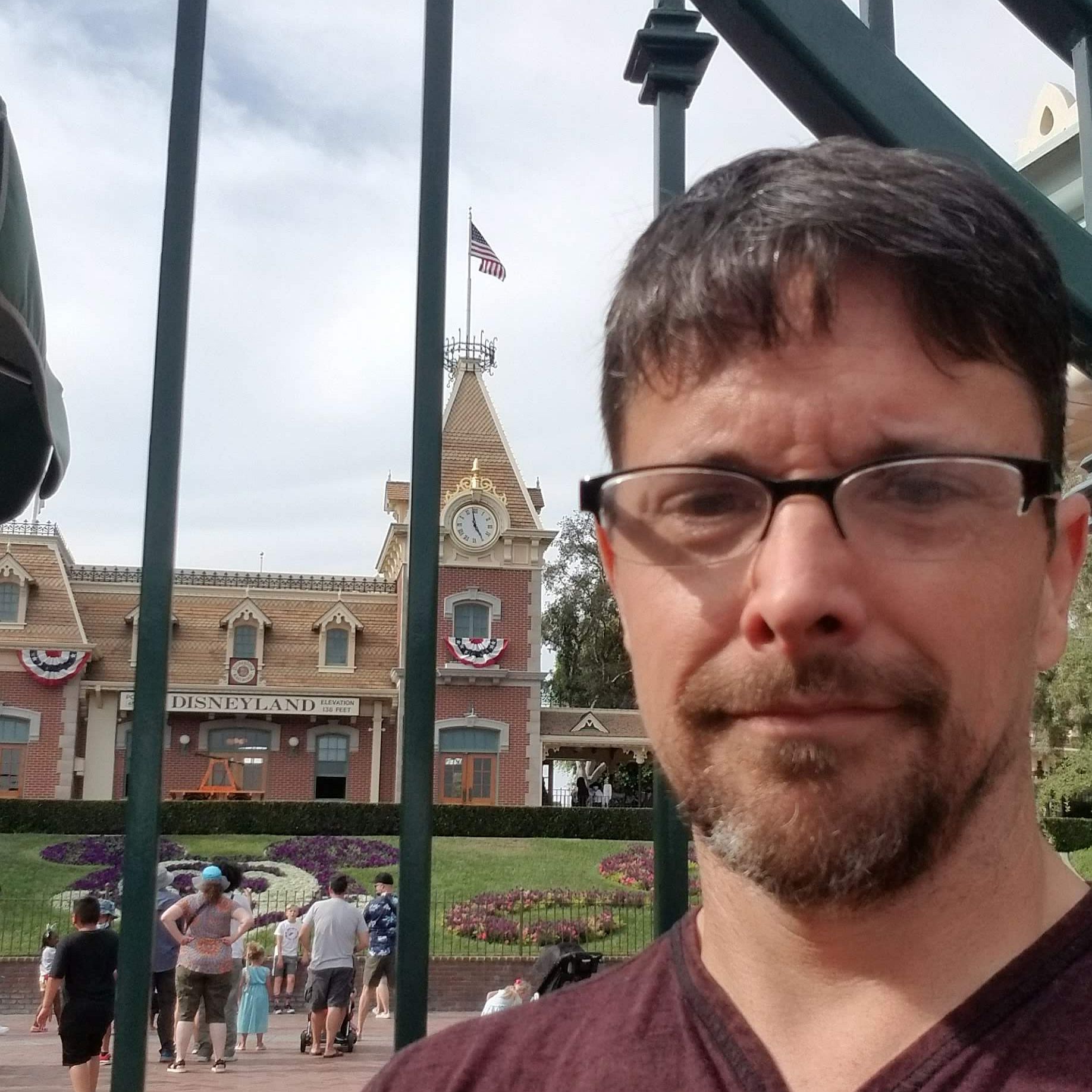
CinemaBlend’s resident theme park junkie and amateur Disney historian, Dirk began writing for CinemaBlend as a freelancer in 2015 before joining the site full-time in 2018. He has previously held positions as a Staff Writer and Games Editor, but has more recently transformed his true passion into his job as the head of the site's Theme Park section. He has previously done freelance work for various gaming and technology sites. Prior to starting his second career as a writer he worked for 12 years in sales for various companies within the consumer electronics industry. He has a degree in political science from the University of California, Davis. Is an armchair Imagineer, Epcot Stan, Future Club 33 Member.

